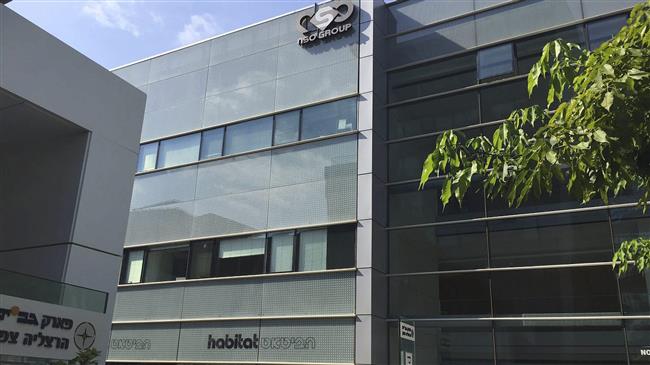Israeli firms ‘facilitating press freedom abuses worldwide’
The Committee to Protect Journalists (CPJ) has accused Israeli surveillance companies of paving the way for attacks on media freedom around the world by easing rules governing the export of offensive cyber weapons, despite grave concerns by human rights and privacy groups that the technologies are used by some governments to spy on political foes and crush dissent.
The New York-based group, which seeks to promote press freedom and defends the rights of journalists, stated that Israeli officials had confirmed that, under a rule change by the ministry of military affairs a year ago, Israeli surveillance companies “are able to obtain exemptions on marketing license for the sale of some products to certain countries.”
The CPJ stated that Israeli-exported technology undermined press freedom globally by allowing authorities to track reporters and potentially identify their sources.
The group then highlighted that the Mexican government had deployed super-stealth Pegasus spyware, developed by Israeli cyberarms firm NSO Group, in order to infiltrate the mobile phones “of at least nine journalists.”
Back in early November 2018, former US National Security Agency contractor and whistle-blower Edward Snowden said Saudi Arabia might have used Pegasus to track prominent dissident journalist Jamal Khashoggi, who was killed after visiting the kingdom’s consulate in Turkey’s largest city of Istanbul the previous month.
“Over and over again, we see Israeli technology facilitating press freedom abuses around the world, by lending a hand to governments that want to track and monitor reporters,” CPJ Advocacy Director, Courtney Radsch, said in Washington, D.C.
She added, “An unregulated surveillance industry is bad for press freedom. The Israeli government should heed the UN Special Rapporteur’s call to respect human rights in its export policies.”
The Israeli English-language Haaretz daily newspaper reported on November 26, 2018 that NSO representatives had offered Pegasus 3 technology to high-profile Saudi officials a year earlier.
The report, citing a complaint filed with the Israeli police by an unnamed European businessman, noted that Saudi officials included former intelligence chief Prince Turki al-Faisal and Nasser al-Qahtani, who presented himself as the deputy of the current intelligence chief.
The businessman insists that the Pegasus 3 affair began when he was contacted by an Israeli man dealing in cyber-defense technologies and identified only as W., who asked him to use his connections in the Persian Gulf states to help do business in the region.
During a series of meetings, Saudi officials presented a list of software they sought to obtain to hack into the phones of pro-democracy campaigners, Muslim preachers and intellectuals in Saudi Arabia and elsewhere.
In the summer of 2017, W. negotiated a deal to sell NSO's Pegasus 3 system to the Saudis for $55 million.
Despite an oral agreement with W., the European businessman says that the latter started ignoring his phone calls, when he asked for his 5-percent commission ($2.75 million). The businessman filed the complaint in April this year and has since been interrogated by the Israeli police's fraud department and contacted by income tax authorities.
Separately, WhatsApp, a unit of Facebook, admitted on May 14 that hackers had managed to use the security breach on its messaging app to target human rights activists.
Eva Galperin, director of cybersecurity at San Francisco-based Electronic Frontier Foundation, said WhatsApp had informed human rights groups that the spyware was likely developed by Israel's NSO. This was also confirmed by another person familiar with the matter.
Amnesty International later said the Israeli firm behind the security breach that targeted human rights activists using the WhatsApp messenger app must be held into account for its close ties with repressive regimes.
Amnesty urged the Israeli regime in a statement to revoke export licenses of the NSO, which designed the spyware linked to the WhatsApp breach.
The London-based rights group told Reuters that the company's deeds "resulted in human rights abuses."
Iran strongly condemns deadly terrorist attack targeting worshippers in Syria’s Homs
Israel recognizes Somaliland as state, drawing international condemnation
VIDEO | Press TV's news headlines
VIDEO | Pakistan signs major defense export deal with Libya
VIDEO | Gaza children at Al-Nour school call for caravans to restore education
Critical Gaza hospital runs out of fuel, suspends most services
Yemen says ready for next inevitable war, urges Muslims to be vigilant
West uses sanctions to cling to fading dominance: Moscow


















 This makes it easy to access the Press TV website
This makes it easy to access the Press TV website